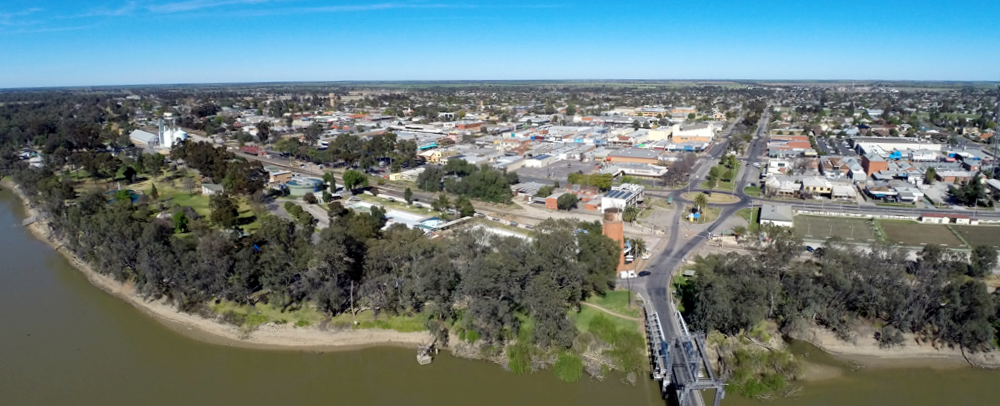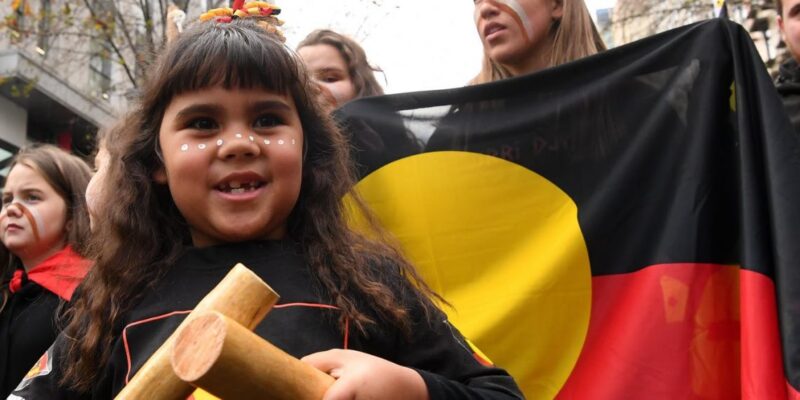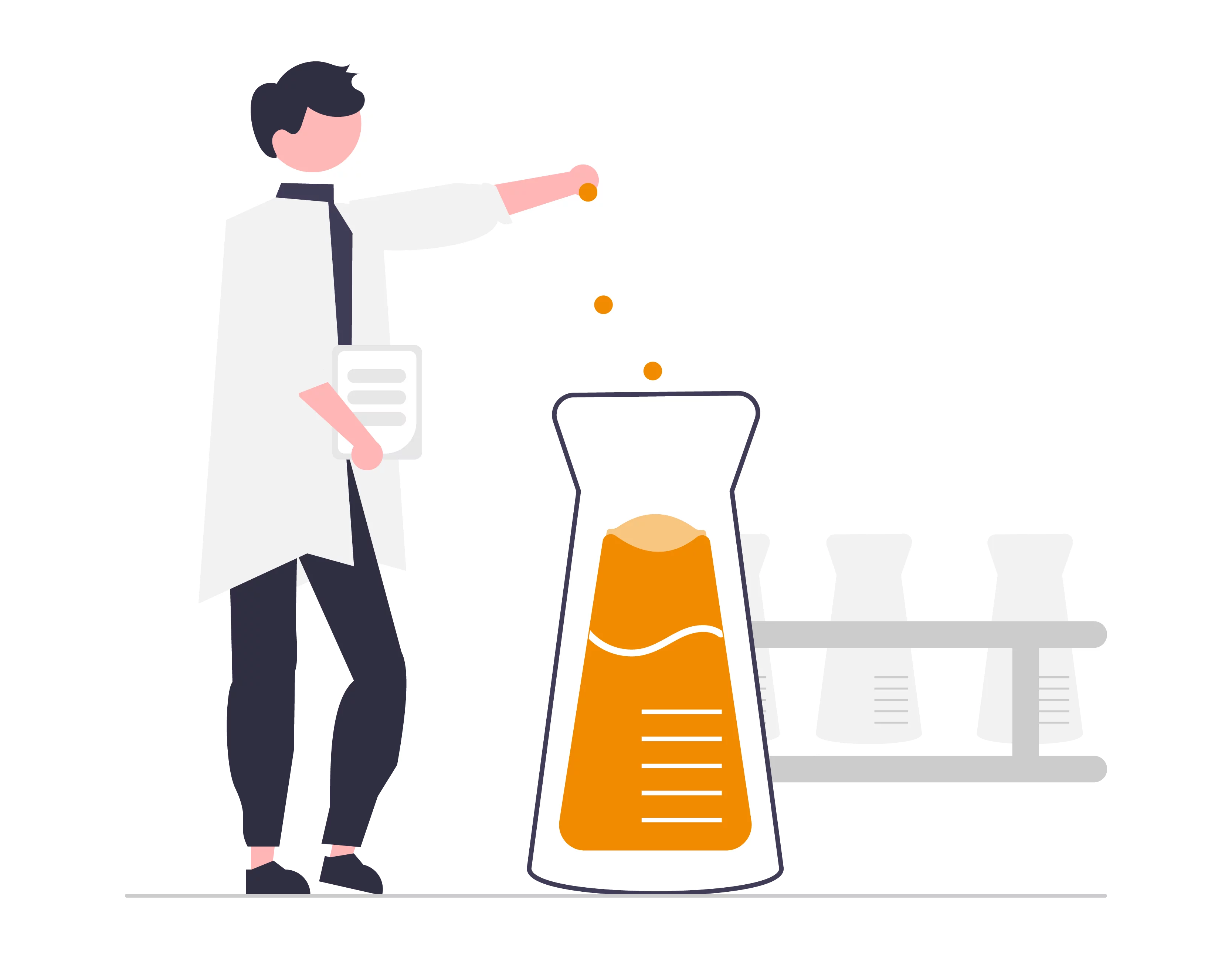Conquering the world from anywhere has NEVER been easier
Vibrancy of a city or town is less about its size than its ‘state of mind.’ Yet, even in this time of global interconnection, it is hard to avoid the obvious that many of our smaller cities and towns are struggling and even dying.
Historically the relatively small local population and geographic isolation of small cities and towns have been impediments to cultural and economic growth. The Internet and broader globalisation has largely removed this, which provides opportunity to create fast growth juggernauts from anywhere.
Rather than introspectively ruminating on questions such as …
“How can we solve our local socio-economic problems?”…
… it is critical that the focus for small cities and towns is on …
“How can we play a bigger part in the world of 7.4Billion?”
For two decades I have researched the mind and mood of people living across Australia, recently speaking with people in face-to-face discussions as far as Rockhampton in Northern Queensland to Narrogin in regional Western Australia, from Adelaide, to Brisbane, Melbourne and other cities big and small. Many interesting patterns have emerged as to the similarities and differences based on where people live.
The pressures on people living in bigger cities would seem greater than for those living in smaller cities and towns. Pressure to stay in well paying employment as the cost of living, mortgages and other obligations are much higher. Add to this frustrating travel times, freeways and expensive tolls and added lifestyle complexities …
Why wouldn’t you just move to an easier place!?
Businesses fail in cities big and small. ‘For Lease’ signs are common in larger cities and taxi drivers complain of a ‘tough economy’ everywhere. However, our observation is that those living in big cities just accept this as the reality. Long travel times, high housing prices and businesses starting and failing is just part of the reality of a big city. Life is tough in a big city.
Smaller cities and towns offer many benefits and joys that bigger cities can never replicate, yet statistics such as the rate of death by suicide, Australia’s biggest killer of people aged 15–44, paint a picture that is hard to ignore. People living in smaller cities and towns are significantly more likely to suicide than those living in larger cities. In Australia, while the suicide death rate (per 100,000) is identical in Sydney and Melbourne, it is higher in smaller cities and towns.
These statistics have likely many socio-economic, health and well-being and available support factors behind them. However, it does provide some indication that smaller cities and towns are faced with psychological challenges such as heightened perceptions of economic uncertainty, feelings of isolated and even losing hope that things will get better. Higher suicide rates, provide some indication of potentially wider underlying anxiety and depressions in smaller cities and towns, much of which is likely not recorded in official mental health statistics.
The rate of suicide is increasing over time — up 10% nationally 2007–2016. Brisbane has a suicide death rate 54% above Sydney, Adelaide 68% above Sydney, Perth is 53% above, Hobart 92% above, and Darwin 170% above Sydney’s suicide death rate per 100,000. (3303.0—Causes of Death, Australia, 2016 / Released at 11:30 AM (CANBERRA TIME) 27/09/2017)
In regional areas, suicide rates are even higher. NSW beyond Sydney is 89% higher; Victoria beyond Melbourne is 66% above Sydney; Queensland beyond Brisbane is 95% above Sydney; Western Australia beyond Perth 178% above Sydney; and South Australia beyond Adelaide is 71% above Sydney.
Regional populations particularly vulnerable are farmers and young males.
From our research, there are three factors that seem to explain, at least partly, why smaller cities and towns are struggling with higher levels of anxiety and depression, when the reality is life is often easier compared with larger cities.
1. Psychological safety
Psychological safety in smaller cities and towns can encourage people to feel unsettled about the future, and public discussion and debate by media, business and government leaders tends to make the population feel more insecure about the future. Maslow’s hierarchy of needs and other psychological frameworks, place psychological safety at the base of human needs, just above basic survival needs such as food, water and shelter.
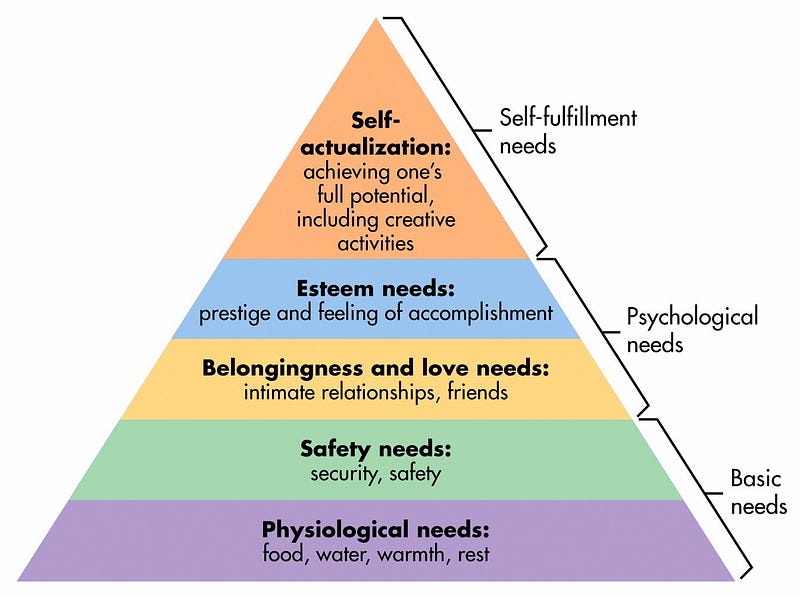
Critical in having a sense of psychological safety is confidence in job security and the health of the local economy. Concepts such as consumer and business confidence are critical measures, yet basically mean little more than a psychological perception that economic conditions are getting better or otherwise.
Just like the psychological safety of children comes from parents, the community listens for guidance from our business, media and government leaders. Small cities and towns can be faced with constant reminders from media, business and government leaders that the economy is struggling.
Bad new sells newspapers, while good news can be viewed as boring. Business leaders accuse the government of failing to act to support local businesses, and any failures are published by the media as a sign of more bad news to come. Politicians spend much of their time trying to talk the economy up, but the confusion of political debate is often perceived as blaming the opposition, and eroding confidence about the future. Particularly promises without action.
2. Confirmation bias
Confirmation bias infers that people subconsciously seek evidence to support pre-existing views. ‘For Lease’ signs are viewed as indicators of a struggling economy, rather than deficiencies in business operators (or just the reality that sometimes businesses stop trading for a variety of reasons). Confirmation bias is the tendency to seek information that confirms existing views, and ignore data and other information that offer alternative evidence.
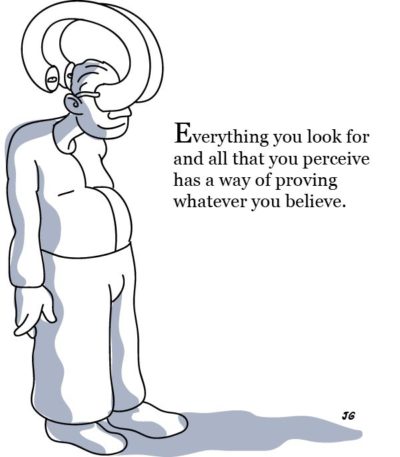
The loop of self-reflection. Progress is often not made, as facts that contradict existing opinions are ignored. Newspaper articles referencing experts or surveys saying the economy is hemorrhaging or in decay are eaten up like a fast-food burger, but positive articles are ignored. When life is tough, people tend to look for signs that they are not alone, and that others, the economy and/or the government are to blame.
Unfortunately with the complexity of smaller cities and towns, leaders have a tendency towards negative confirmation bias of their own. They often do not build confidence, but unintentionally erode it. They may wish for things to improve, but the facts they absorb and communicate are those confirming preexisting negative views. They often fail to take a devil’s advocate perspective, seeking evidence of opportunity and alternative hypothesis.
3. Introspective tendency towards rumination
While it is fair and reasonable for a small city or town to be introspective in thoughts and activities in order to be building a positive local cultural, as well as economic and social vibrancy, introspection can easily turn bad. Rumination has a strong correlation with anxiety and depression, and fails to embrace possibilities locally and in the wider world. Rumination is bad for an economy.
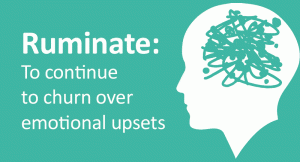
Exasperating this in smaller cities and towns, is a greater tendency of the community, business, government and workers to think inwards at the local challenges. Whereas larger cities such as Sydney and Melbourne often view themselves as part of the global economy. In smaller cities and towns businesses and government servicing the local population are disproportionately bigger employers than in larger cities. There is a skew towards local thinking rather than thinking global (or even national).
………………
Many small cities and towns, such as Adelaide in South Australia are re-positioning themselves for the future. Adelaide is a creative university city, 20km east to west, from beautiful rural hills to peaceful and pristine beaches. Home of Australia’s best wine regions within a short drive. Adelaide is a sports, arts and culture mecca, recognised as one of the world’s best festival cities. Yet, Adelaide is a City with a population of 1.2 Million, with a total State population of only 1.7 Million, on a land size 152% the size of France. This creates complexities as to how to build cultural and economic vibrancy.
Smaller cities and towns like Adelaide are working hard to get people off the couch to support the off-line experience economy, the local shops, hospitality, arts and other entertainment providers, and maximising the benefits and joys smaller cities and towns offer. And with this, they are exploring opportunities to attract increasing levels of migration and tourism from across Australia and beyond.
Such smaller cities and towns are working towards becoming net exporters of products, services and disruptive technologies to maximise cash flowing in and minimise cash flowing abroad. Rethinking their economic revenue streams for the future. Investing in start-up and entrepreneurial culture, training and support. Encouraging more local businesses to export disruption and innovation. Rather than blindly focusing on importing disruptive technologies that offer potential risk in destabilising local jobs and economies.
Small cities and towns are the economic and cultural frontier into the future. For centuries small population size and geographic isolation were monumental psychological and economic inhabitants. With this has come raised anxiety levels and even increasing statistics such as suicide rates.
Small cities and towns offer it all. Wonderful lifestyle and the ability to conquer the world without the high cost of living, long travel times and other frustrations of big cities. With the right level of positive self-identity, and a progressive mindset to be psychologically and economically resilient, the opportunities are HUGE.
Rather than small cities and towns ruminating on asking …
“How can we solve our local socio-economic problems?”
They are turning their focus to asking …
“How can we play a bigger part in the world of 7.4Billion?”
They are rethinking their over reliance on the local population and economy, and casting the focus to a world of 7.4Billion. Changing the way they think about their connection to the world, and how they work.
We are only at the beginning of the revolution. Consider virtual and regional start-up hubs, supporting and leveraging networks so anyone can be a thriving entrepreneur from anywhere in the world from Rockhampton to Narrogin, from Broome to Hobart, from Adelaide to Darwin and beyond. We are already observing changing employment structures worldwide, and it is important to learn from the many technology and other innovators employing people across the globe, and embracing work-from-home remote working and other models.
It is critical to embrace the new globally interconnected world of 7.4 Billion people, belonging to 4,200 religions, speaking 7,099 languages and born in one of our 196 countries.
Conquering the world from anywhere has NEVER been easier.
And, the lives of our people, small cities and towns depend on it.
If you are personally struggling, please seek help from loved ones and/or professionals. There are people willing and able to provide support. September was Suicide Prevention Month, including focused days and efforts to build awareness, overcome stigma and encourage people who may be struggling or know someone who may be struggling to prevent suicide. As Australia’s biggest killer of people aged 15-44, support is critical. Sadly the rate of death by suicude continues to increase.
https://www.beyondblue.org.au/
More here …
Where’s The Startup Revolution? Try Small Towns (Forbes)
The Difficulty Of Being A Small Town Startup (Entrepreneur)
2017’s Best & Worst Small Cities tob Start a Business (Wallet Hub)
Ps. The top photo is of Swan Hill, where I was born and spent my first two years, at the time the population was around 7,000. We owned a baby kangaroo. My family moved to Melbourne pop several million. And then traveled to places big and small.
